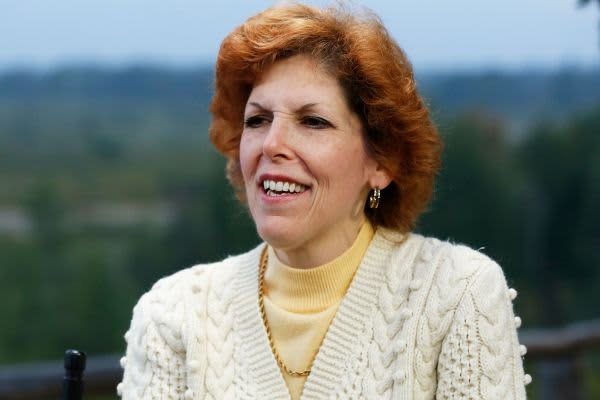Federal Reserve Bank of Cleveland President, Loretta Mester, asserted that it is premature to contemplate cutting interest rates as early as the March meeting, emphasizing the necessity for additional evidence. Mester, a voting member on interest-rate decisions this year, cited the latest inflation data as a key factor indicating that policymakers have more work to do.
In an interview with Bloomberg TV, Mester stated, “I think March is probably too early in my estimate for a rate decline because I think we need to see some more evidence.” She pointed to the December Consumer Price Index (CPI) report, indicating that it reveals there’s more work to be done, and addressing it would require restrictive monetary policy.
The government’s recently released data on inflation showed an uptick in the year through December, primarily driven by higher housing costs and an unexpected increase in used vehicle prices. The consumer price index rose by 3.4% from a year earlier, the most in three months, while prices excluding food and energy cooled slightly less than forecast, registering at 3.9%.
Mester stressed that as policymakers observe more evidence of inflation on a sustainable path toward the 2% target, the conversation about potential rate cuts will be revisited. She also highlighted the significance of considering inflation expectations in the decision-making process.
The Cleveland Fed President acknowledged that the latest inflation figures reinforced her perspective that current policy positioning allows for a thorough assessment of incoming data on prices and employment. Despite the need for vigilance, Mester expressed confidence in the ability to navigate the situation effectively.
“Obviously we don’t want to see the progress in inflation stall out, but I don’t think this report suggests that’s happening,” she stated. “It just suggests we have more work to do, and we’re committed to doing it.”
Federal Reserve officials had raised rates to a range of 5.25% to 5.5% in July, reaching a 22-year high. However, policy has remained unchanged since then as inflation continued to cool. Economic forecasts following the December meeting indicated that none of the 19 policymakers foresee rates moving higher, signaling a potential rate cut as the next policy move.
Mester, who had previously forecast three rate cuts in 2024, emphasized the commitment to carefully assess incoming economic data. In a December interview with the Financial Times, she noted that markets were slightly ahead of policymakers’ expectations for rates in the upcoming year.
As one of the voting members of the Federal Open Market Committee until her tenure ends in June, Mester will play a key role in shaping the central bank’s monetary policy decisions during this period of economic scrutiny.














